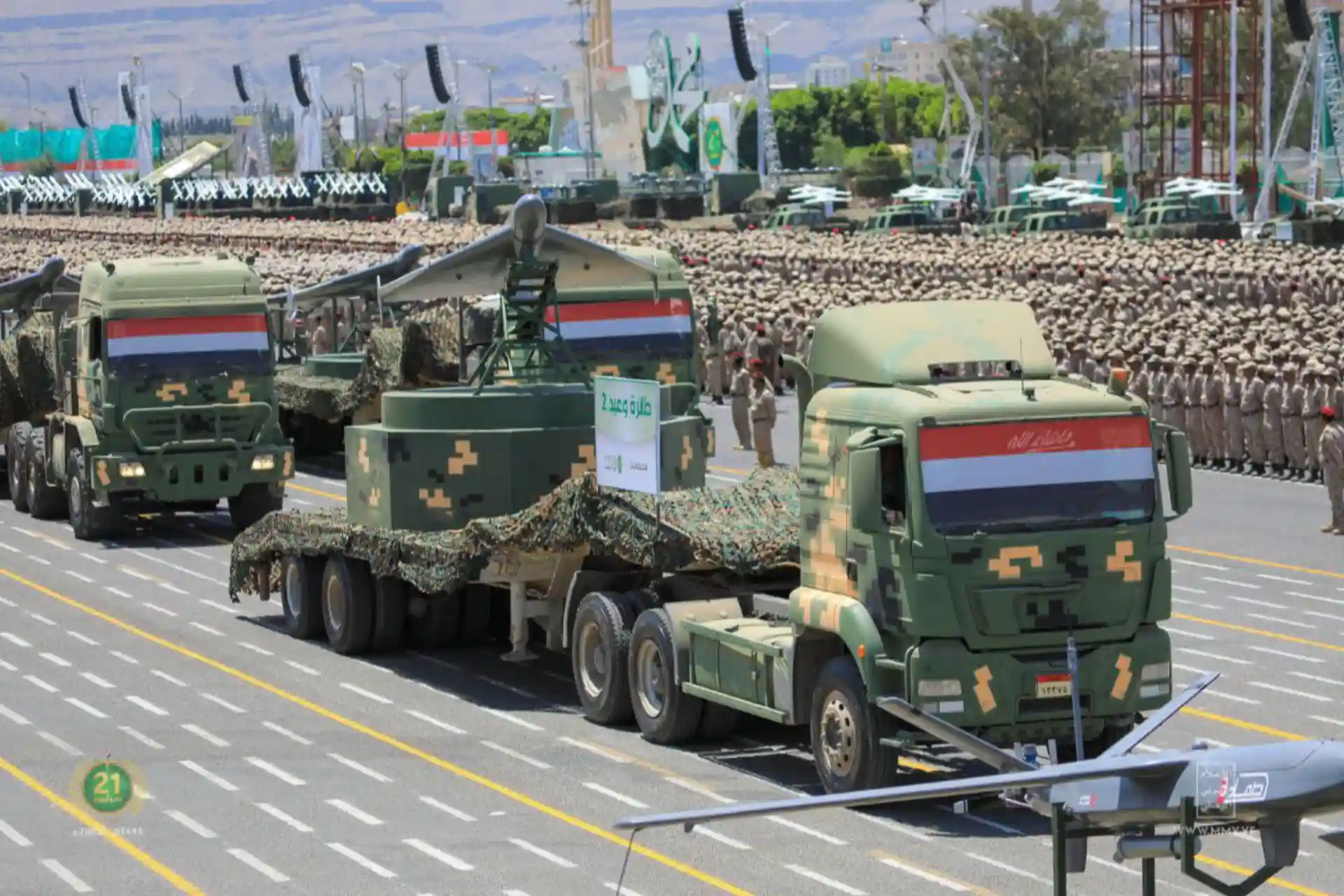Yemen: Saudi support for Israel will not go unanswered
Abdullah al-Houthi, the leader of Yemen's Ansarullah movement, warned of potential clashes in a July 7 strategic message to Saudi rulers:
"We will certainly respond to banks with banks, Riyaz airport with Sana'a airport, and seaports with seaports."
The warning comes after the latest wave of threats from Sana'a against Saudi Arabia. One of the most significant threats came earlier this month, when Yemen demanded the expedited return of Yemeni pilgrims detained in Riyadh to Sana'a by Yemen Airways. The Saudis, knowing the seriousness of this threat, fulfilled this demand within three days.
Ansarullah's threat is directly related to efforts by the Riyadh-backed Yemeni government, under US influence, to dissuade Sanaa from continuing its naval blockade to aid Gaza. Houthi said this openly and warned the Saudis against working with the US to weaken the Axis of Resistance in the region.
Economic aggression renews the conflict
In early April, the Central Bank of Aden (CBY), which cooperates with the Riyadh-backed government, told banks in Sana'a that they must move their headquarters to the southern port city within 60 days or face sanctions under anti-terrorism, anti-corruption and anti-money laundering laws.
Sanaa's current government saw it as an attempt to pressure it to end support for Gaza. This followed a direct warning from the United States and threats of new aggression from Saudi Arabia. Instead of retreating, Sana expanded her Red Sea operations into the Mediterranean. By this time, it had already reached the waterways of the Indian Ocean and the Gulf of Aden.
Two weeks ago, Saudi Arabia began efforts to restrict flights from Sana'a airport and detain Yemeni pilgrims in the city of Jeddah. This caused another threat to him by the leadership of "Ansarullah".
Houthi has publicly warned Saudi Arabia that it will face serious consequences for its actions and its support for Israel against Yemen.
Military training of Yemen
The Yemeni army issued a warning statement on Friday as Yemen's Ansarallah-allied armed forces announced their readiness to retaliate against Saudi airports, banks and ports, citing the blockade against the Yemeni people and Riyadh's support for Israel.
The preparations announced by the Yemeni Armed Forces indicate that it is ready for military action against targets in Saudi Arabia. Everything depends on the decisions of the management. Sana is currently preparing defensively for an all-out war.
But Yemen's goals are broader than just a military relationship. Muhammad Nasr al-Buhayti X, a senior member of the Ansarullah political bureau, wrote on his social network that "We must overthrow the Saudi regime, which has already formed an alliance with the most oppressive and criminal regimes, and we are on the side of the oppressed and humiliated."
Houthi threats are not just warnings. Hizam al-Assad, a member of the Ansarullah Political Bureau and the Shura Council, confirmed that "a general mobilization is underway to attack the Saudi regime, targeting its important economic and military resources related to development."
Assad attributed the resumption of fighting to "the continuing aggression of the Saudi regime against the Yemeni people, as well as its collusion with the Americans and Israelis against Yemen."
So far, the exact position of Saudi Arabia has not been made public. Riyaz may try to reach out through intermediaries such as Oman, or to engage in direct dialogue with Sana to avoid conflict. Because the latest actions will inevitably cause serious economic damage to Saudi Arabia.
This is not the first blow to the Saudi economy - Yemen has regularly carried out retaliatory attacks on the kingdom's energy facilities and critical infrastructure, shutting down more than half of Saudi Arabia's oil production in 2019. If the conflict resumes and the situation worsens, it could seriously damage the Saudi economy, including major projects such as NEOM.



